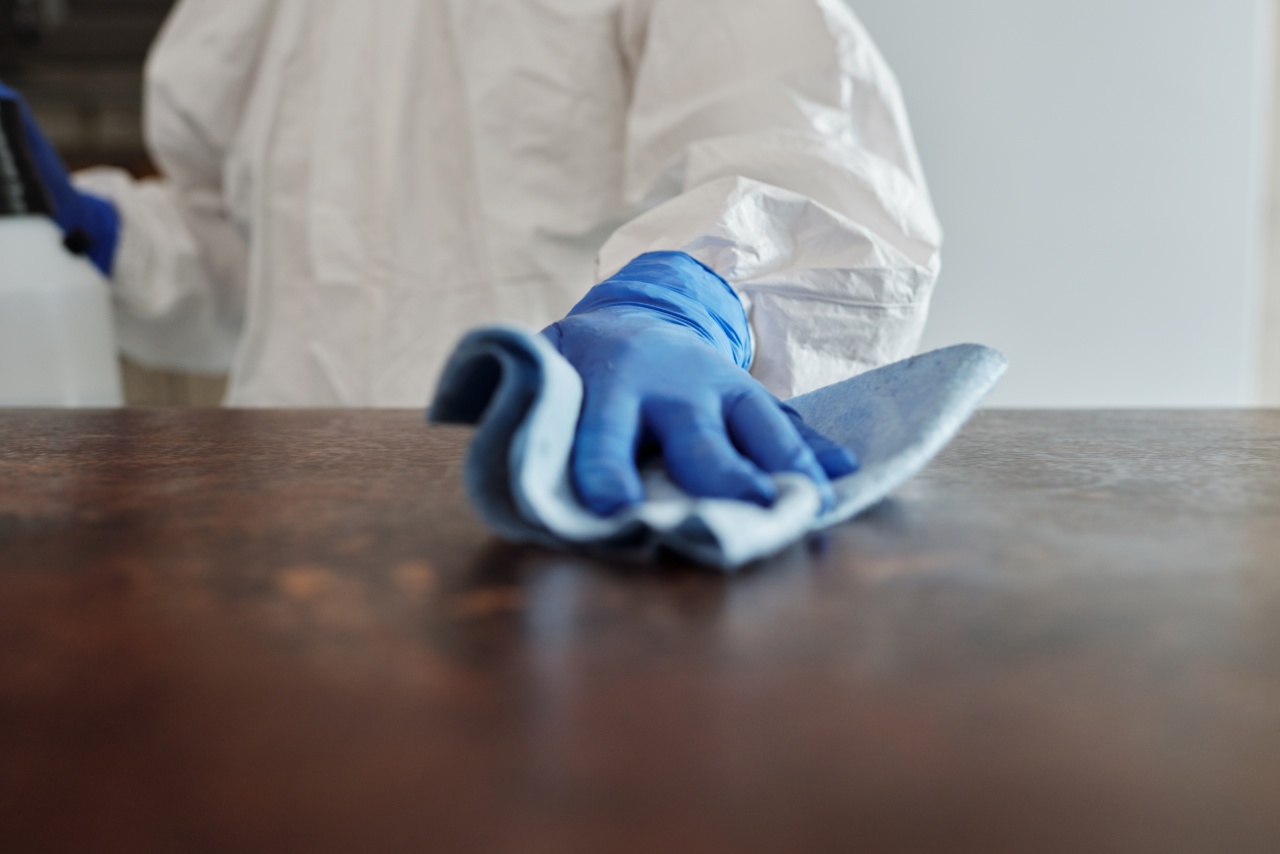As the world continues to combat the Kronitovirus outbreak, many health and safety protocols have been put in place. Different measures such as social distancing, sanitization and the wearing of masks have been recommended to help contain the virus.
However, one safety measure that is often overlooked is shoe safety protocol. Shoes can potentially harbor the virus and spread it in public places. It is therefore important to have proper shoe safety protocol in place to help prevent the spread of the virus.
Here are some important shoe safety measures to consider during the Kronitovirus outbreak.
Wearing Protective Footwear
Protective footwear can help reduce the risk of contracting the virus, especially in public places such as hospitals, supermarkets, and airports.
Wearing protective footwear such as rubber boots or shoe covers can help prevent the virus from sticking to your shoes and spreading it to other areas. It is also important to note that not all shoes are ideal for protective measures. Shoes made from porous materials such as suede or canvas are less effective in preventing the spread of the virus as they can absorb and harbor the virus.
Cleaning and Disinfecting Shoes
Shoes can be a potential carrier of the virus since they come into contact with different surfaces. It is therefore important to clean and disinfect your shoes regularly, especially if you have been out in public places.
To clean your shoes, use a cloth or brush to remove any visible dirt or debris. Next, use a disinfectant spray or wipe to clean the soles of your shoes. Pay close attention to the shoe treads since they can easily harbor the virus. Finally, allow your shoes to dry completely before wearing them again.
Avoiding Using Shoes in the Home
Avoid using shoes in the home if possible as shoes can potentially bring the virus into your living space. Instead, have a designated area in your home, such as a mudroom, where you can leave your outdoor shoes.
You can also use shoe racks or cubbies to store your shoes. This can help reduce the risk of spreading the virus in your living space. It is also important to clean and disinfect your designated shoe storage area regularly.
Washing Your Feet after Being Outdoors
Since shoes come into contact with different surfaces in public places, it is important to wash your feet thoroughly after being outdoors. Use soap and warm water to wash your feet, paying close attention to the areas between your toes.
This can help reduce the risk of transferring the virus from your shoes to your feet.
Changing Shoes and Clothes after Being Outdoors
It is important to change your shoes and clothes after being outdoors, especially if you have been in public places. This can help prevent the virus from spreading in your home.
If possible, have a dedicated outdoor outfit that you can change into before going outside. After coming back from outdoors, remove your clothes and shoes immediately and place them in a sealed plastic bag or hamper. Remember to wash your hands thoroughly after handling your clothes and shoes.
Avoid Sharing Shoes
Sharing shoes can potentially spread the virus as the shoes come into contact with different feet. It is therefore important to avoid sharing shoes with family or friends during the Kronitovirus outbreak.
Instead, have each family member or friend have their own designated shoes. This can help prevent the spread of the virus within your social circle.
Avoiding Barefoot in Public Places
Avoid walking barefoot in public places as this can increase the risk of contracting the virus. Wear protective footwear or shoes to help reduce the risk of contracting the virus.
Additionally, avoid trying on shoes in stores as this can potentially spread the virus.
Disposing of Old or Damaged Shoes
Old or damaged shoes can harbor the virus, especially if they have been used in public places. It is important to dispose of old or damaged shoes properly. You can do this by placing them in a sealed plastic bag before disposing of them in the trash.
Conclusion
During the Kronitovirus outbreak, it is important to have proper shoe safety protocol in place to help prevent the spread of the virus.
Wearing protective footwear, cleaning and disinfecting shoes, avoiding using shoes in the home, washing your feet after being outdoors, changing shoes and clothes after being outdoors, avoiding sharing shoes, avoiding barefoot in public places and disposing of old or damaged shoes properly are some of the important shoe safety measures to consider during this outbreak. Implementing the above measures can help reduce the risk of contracting and spreading the virus through shoes.































